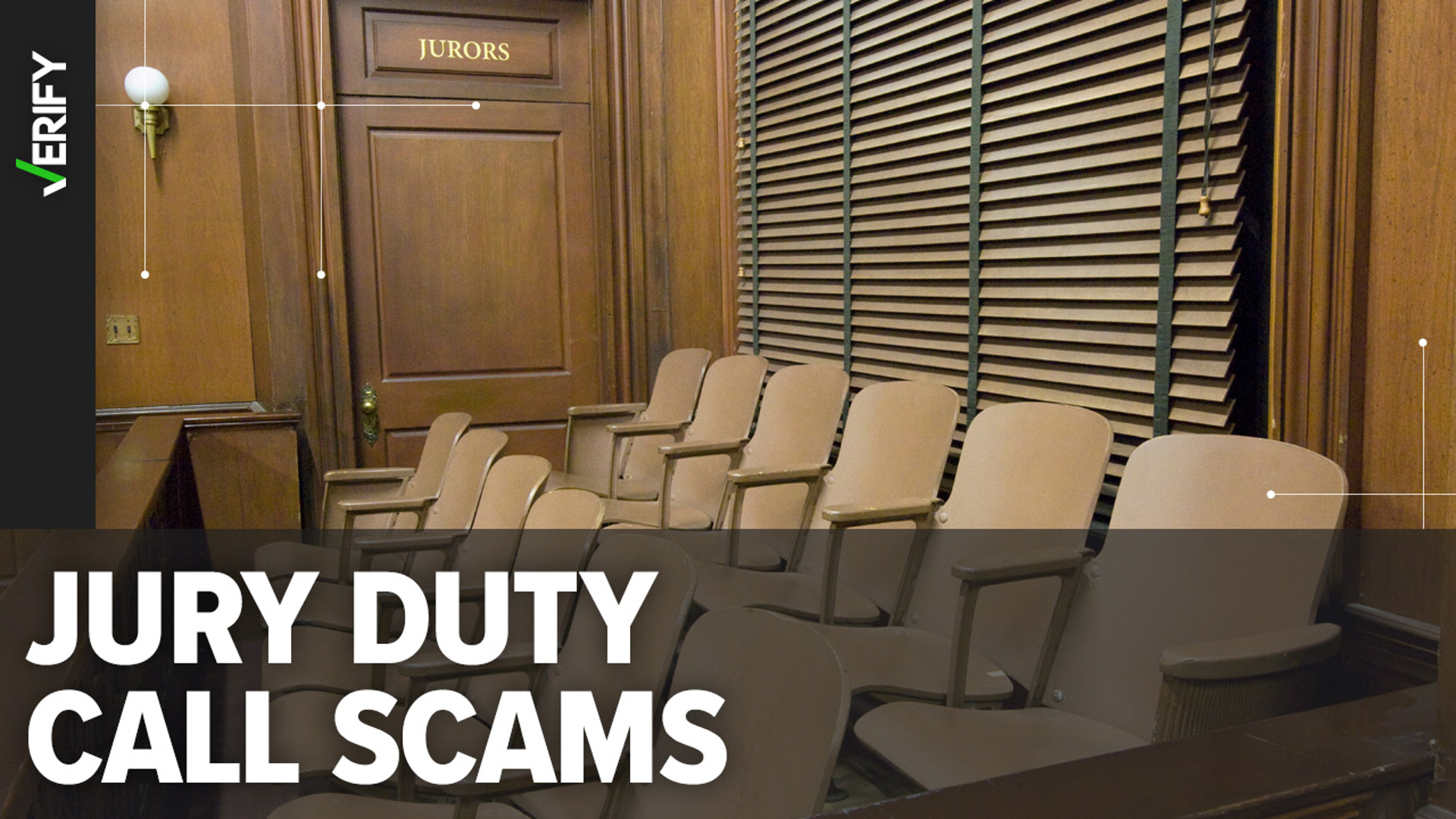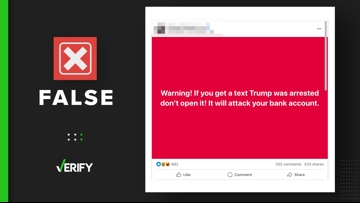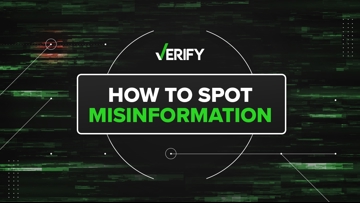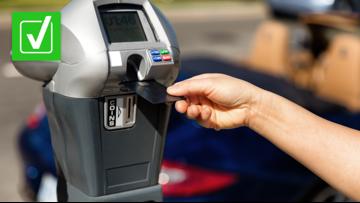In May, a man sent an email to the popular My Favorite Murder podcast saying his wife recently received a phone call from a “very official-sounding man” who claimed a warrant was out for her arrest for failing to appear at jury duty.
The husband said the man also claimed that the only way for his wife to avoid spending time in jail was to, within a few hours, post $9,000 in bail money that was to be given in all cash. The call appeared on the caller ID to be legitimately coming from the county courthouse.
THE QUESTION
Are calls threatening arrest for skipping jury duty real?
THE SOURCES
- U.S. Courts
- U.S. Attorney’s Office for the Middle District of Florida
- Arlington County Police Department and Sheriff’s Office
- Maryland Courts
- New York Department of State
- Metropolitan Police Department
- Oregon Judicial Department
- Roger B. Handberg, J.D., the U.S. Attorney for the Middle District of Florida
- Timothy J. Corrigan, J.D., Chief District Judge in the U.S. District Court for the Middle District of Florida
THE ANSWER
No, calls threatening arrest for skipping jury duty are not real — they’re scams.
WHAT WE FOUND
Our sources agree that phone calls threatening arrest for skipping jury duty are scams.
“If someone calls and threatens you to pay them to not be arrested for missing jury duty, you are being scammed,” U.S. Attorney Roger B. Handberg said.
In January, the U.S. Attorney’s Office for the Middle District of Florida warned the public of a nationwide scam in which callers posing as U.S. Marshals or other government officials claimed the person would be arrested for not appearing for jury duty but could avoid jail time by paying a fine.
Government officials and law enforcement agencies in multiple states, including Maryland, New York, Oregon and Virginia, as well as Washington, D.C., have issued similar warnings in the past year.
“We’ve seen a resurgence of jury scams in recent months where a caller demands that someone pay a fee or face arrest for missing jury duty. Let me be clear: these calls are fraudulent,” Chief U.S. District Judge Timothy J. Corrigan said.
The U.S. Attorney’s Office says the scammers may provide information about the victim, real names of federal judges or court employees, actual court addresses, court phone numbers, and case and badge numbers to appear convincing.
The scammers may also “spoof” the phone number on the caller ID so that the call falsely appears to originate from a court number or the number of another government agency, the U.S. Attorney’s Office says.
To avoid arrest, the scammers then tell the victims they must pay a “fine” for failure to appear at jury duty either by cash, a prepaid debit card, a credit card or a gift card.
“This scam works by trying to create a false sense of urgency that you must pay money immediately to avoid arrest. Do not fall for it. Hang up the phone and instead report the call to the appropriate federal authorities,” Handberg said.
Federal and state courts do not require anyone to provide any sensitive information in a call, email or text message, according to U.S. Courts, the administrative agency of the federal court system, and the Oregon Judicial Department. Instead, most contact between a federal and state court and a prospective juror will be through the U.S. mail.
“Jury duty is a vital civic responsibility and should be taken seriously by all citizens. However, it is a crime for anyone to falsely represent themself as a federal court official. The federal judiciary takes such offenses seriously,” U.S. Courts says.
U.S. Courts and the Oregon Judicial Department share tips on how to avoid this type of scam:
- Do not provide the requested personal information or payment.
- If possible, get the caller’s name and number and then hang up.
- Do not reply directly to any texts or emails, click on any links, or open any attachments, threatening arrest or demanding money even if it appears that the message is coming from the court or a local police agency.
- If you receive a scam call, email or message, notify the Clerk of Court’s office of the U.S. District Court or the local circuit court’s jury coordinator in your area. Contact information for federal courts may be found through the Federal Court Finder.
If you’ve fallen victim to a jury duty scam, you can report the incident to the Federal Trade Commission at reportfraud.ftc.gov/ and your local FBI Field Office.












